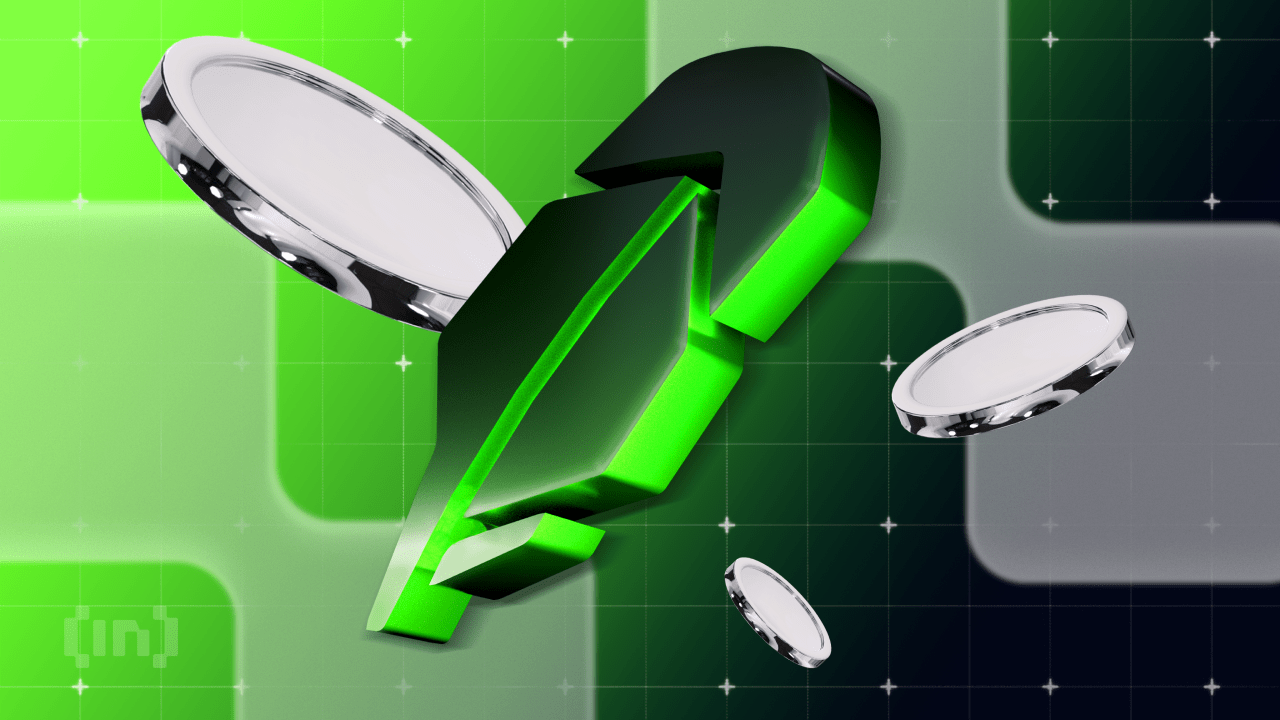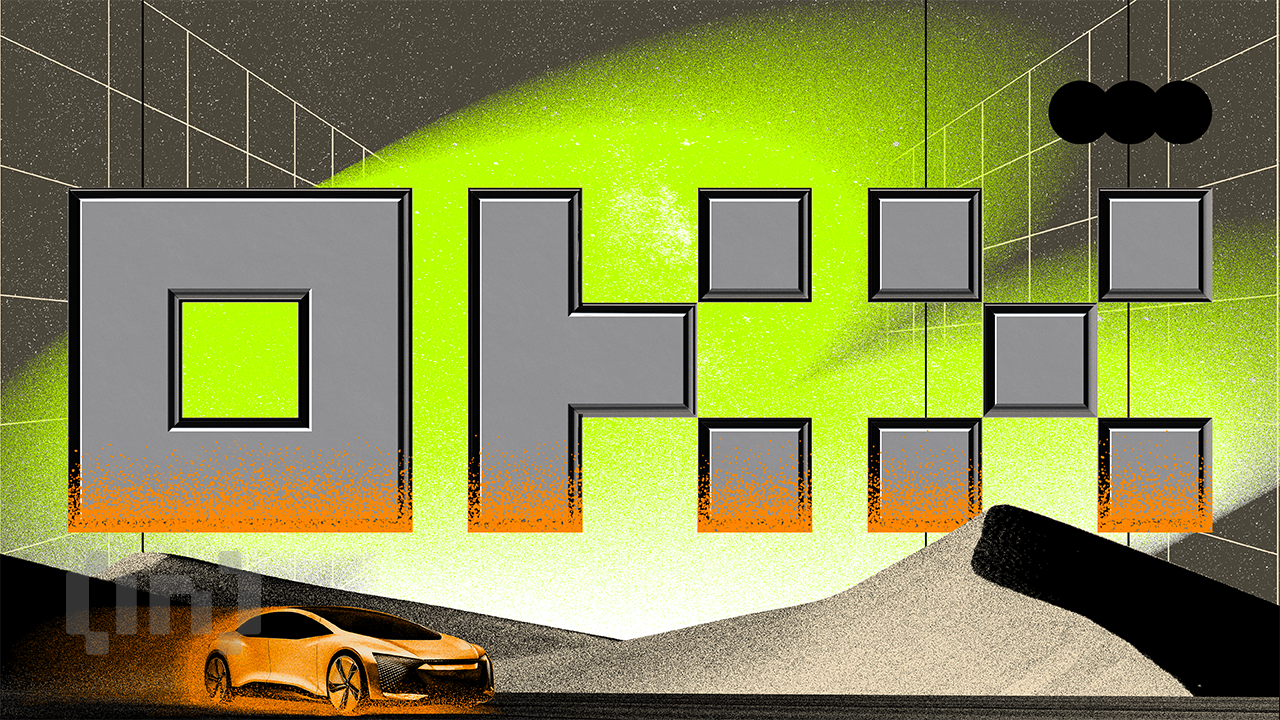ConsenSys will launch a permissionless testnet for its zero-knowledge Ethereum Virtual Machine rollup on March 28, 2023, hot on the heels of Polygon Labs.
The testnet will be compatible with the self-custodial wallet MetaMask to move tokens on and off the network. Developers can prototype new applications using dApp development platforms Truffle, Hardhat, Foundry, and Brownie.
ConsenSys and Polygon to Reduce Transaction Fees
Additionally, app developers will not need a transpiler to convert code to Solidity, the native smart contract language of Ethereum. StarkNet, another zkEVM provider, uses a transpiler to convert contracts written in its native Cairo language into Solidity.
From creating developer tools to open-source software, @ConsenSys has worked to democratize #Ethereum since the genesis block. 🌐
Now, we are taking an important next step by providing permissionless access to our EVM-equivalent zkEVM rollup.🧵
— ConsenSys (@ConsenSys) March 3, 2023
ConsenSys had previously processed over 490,000 transactions on the rollup’s private beta. It uses a lattice-based zk-SNARK prover that allows for lower transaction fees and “next-generation scaling.”
Projects like ConsenSys Polygon Labs are trying to lower transaction costs on the zkEVEM by up to 90%.
Zk-rollups use validity proofs, or so-called ZK-SNARKs, to cryptographically prove the existence of information in a transaction batch without revealing it to the main chain.
Transactions on the ConSensys EVM | Source: ConsenSys
Polygon announced the launch of its own zero-knowledge Ethereum Virtual Machine on March 27, 2023. The project has already hit notable milestones, including two security audits and over 75,000 proofs.
Polygon Labs, the firm behind the blockchain, recently announced the layoffs of 100 staff.
Where We Are in The Ethereum Scaling Roadmap
Blockchains can increase transaction throughput through layer-one solutions like sharding that splits up the blockchain. They can also scale through rollups that perform bulk off-chain computations and send a batch of transactions to the main chain.
Buterin predicted that rollups would precede sharding as the go-to scaling solution for Ethereum in short to medium term.
Recent developments such as Ethereum Improvement Proposal 4844, called Proto-Danksharding, have taken over the scalability narrative, focusing on improving aspects of rollups like Arbitrum and Optimism on the way to “full sharding.”
Protodanksharding introduces new transaction formats and verification rules that fulfill the danksharding specification, which deals with, amongst other things, a merged fee market.
It introduces a new transaction type called a blob that is cheaper to execute than calldata containing the same information. Calldata is the information sent from an Externally-Owned Address or a smart contract to the Ethereum Virtual Machine.
Unlike calldata, blobs are pruned every two weeks. This keeps disk space requirements reasonable and costs low for Ethereum node operators and validators.
Blobs on EIP-4844 | Source: EIP-4844
Ethereum developer Peter Szilaygi said in a developer meeting yesterday that most Ethereum client teams have made significant progress on EIP-4844. The proposal will likely be included in Ethereum’s Cancun upgrade, scheduled after the Shanghai upgrade in April 2023.
For Be[In]Crypto’s latest Bitcoin (BTC) analysis, click here.
Disclaimer
BeInCrypto has reached out to company or individual involved in the story to get an official statement about the recent developments, but it has yet to hear back.
Source link













Will Elon Musk’s Comment Drive Dogecoin’s Price to $0.20?
Dogecoin’s recent price surge has captured investor attention, with the meme coin rallying sharply over the past 24 hours. This increase followed a tweet from Elon Musk, often referred to as the “DOGEFather,”…